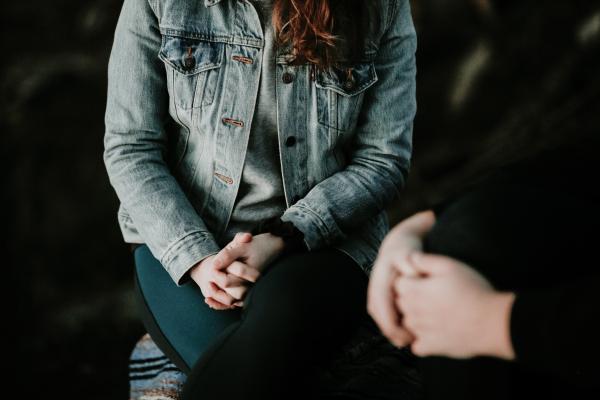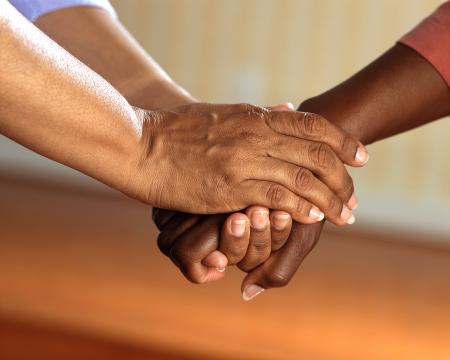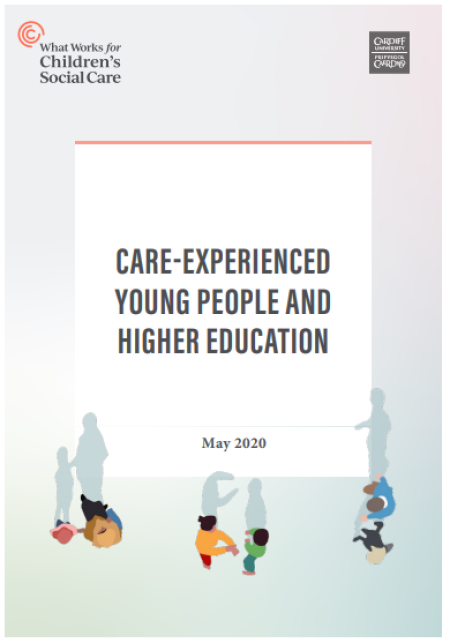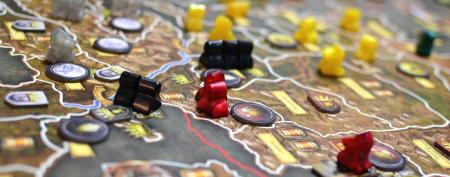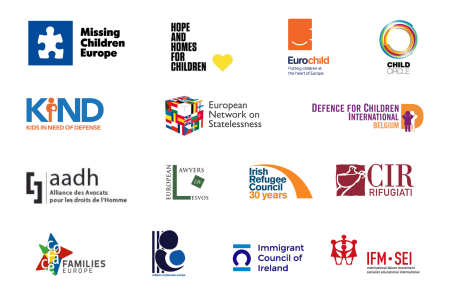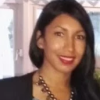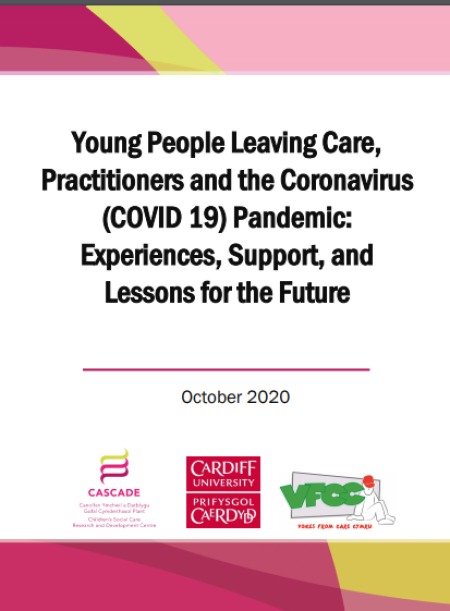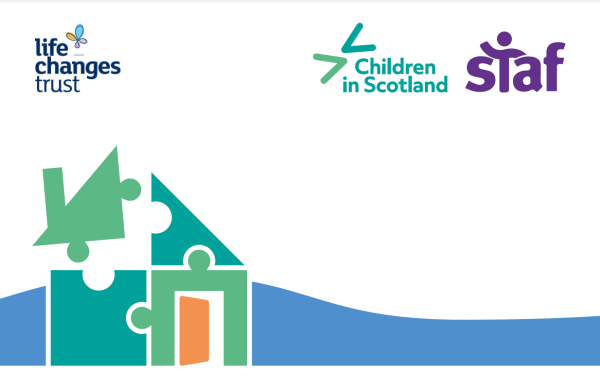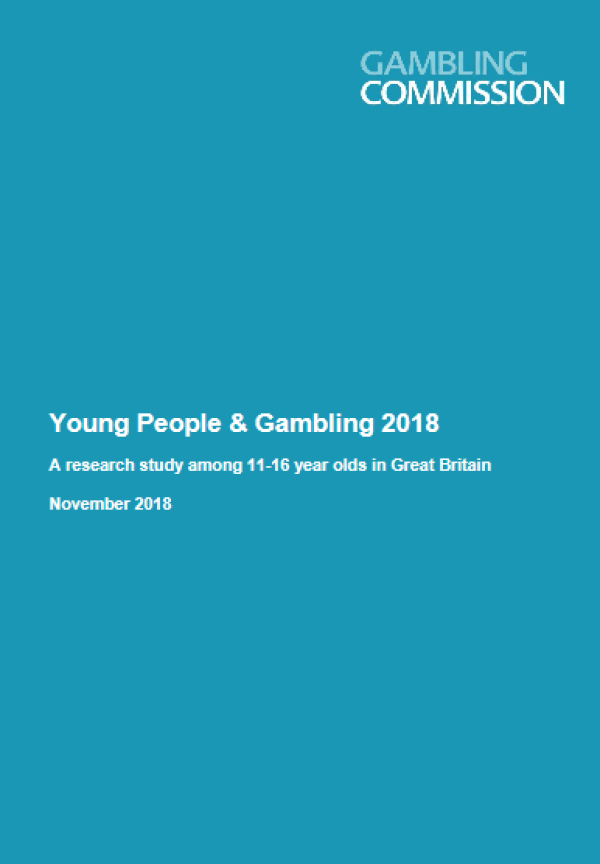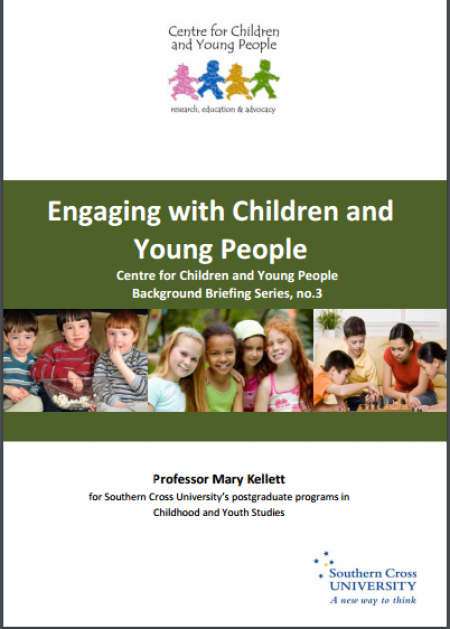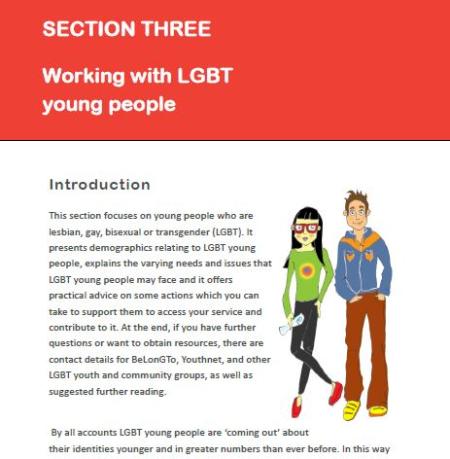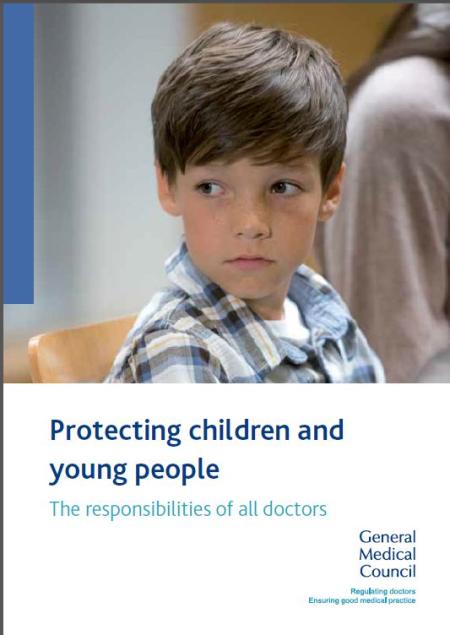
Discussion about experiences of young people in care with complex PTSD and ways of improving support
Background
- March 2021: ACAMH joins CAMHS (an online journal club) in a discussion of PTSD in young people in care
- Discussion revolved around Rachem M Hiller’s recent paper, which provides valuable insights through her study of 120 10-18 year-olds living in care in England
- Findings
- Our current models of PTSD are applicable to young people living in care
- Specifically, maladaptive cognitions prove particularly important, as this suggests that targeting these mechanisms in intervention would be useful for young people with complex PTSD symptom
Are PTSD and complex PTSD different?
- PTSD: a trauma-specific mental health difficulty
- Complex PTSD: the young person must have PTSD as well as additional complex features of difficulties with: relationships, emotion dysregulation and negative self-concept (e.g., “I’m not worth anything”)
- A new diagnosis in the ICD-11, not yet included in the DSM-5
- Hill’s findings reveal that the processes that drive PTSD also drive complex PTSD
- Treatment available for these processes include trauma-focused cognitive behavior therapies (tf-CBT) have shown to be effective for those with complex presentations
Getting young people in care the right treatment
- Young people with complex presentations may benefit from more sessions
- It is important that a young person receives psychoeducation about both the PTSD and their tf-CBT treatment, particularly in relation to avoidance
- Reflections by practitioners are important too, as this may reveal that they encourage avoidance by delaying starting parts of treatment that are harder, i.e. memory work
- Existence of barriers in services that make it difficult for practitioners to deliver tf-CBT
- Limited amount of time available
- A pervasive belief that tf-CBT is not appropriate for young people exposed to trauma
- Discussion called for address of these service-level and individual-level barriers
Listening to young people in care, interview with Aishat Hamzat about her experiences
- Some young people in care reported of feeling let down by the mental health support system, which can lead to the decision to never engage with mental health services again
- Practitioners seem to often accept that mental health difficulties are inevitable or unchangeable, which is felt by young people in care who feel unsupported and unacknowledged
- Vital to work alongside young people and consider their individual needs within their treatment plan as they are the experts in their own experience
- Important to build rapport with young people in care, as they might struggle with rust and relationships

You might like..
no
0
153
An independent review of children’s social care in England has been published. The review is based on conversations with children and young people, which were organized in March 2021.
The published reports include:
a summary of…
0
10
According to a new research by CASCADE at Cardiff University for What Works for Children's Social Care (WWCSC), young people, who either in care or care experienced at 13 or 14 years old had significantly lower expectations of attending higher…
no
0
22
An awareness-raising campaign on child trafficking prevention was concluded in North Macedonia.
The NGO "Luludi" concluded its public awareness campaign “Get informed! Anyone can become a victim of trafficking.” While its final conference joined…
0
9
The Domus Ludens Project is run by 5 organisations, among which Fundació Resilis, partner of Eurochild member FICE Spain. Play is an unquestionable right for all children and young people and is a basic activity in…
0
2
Medway’s children’s services team provides assistance for looked-after teenagers over the age of 16 who are still in need of help. These young people receive support from social workers and leaving-care personal advisers to learn more…
0
13
Eurochild stands alongside 14 other NGOs to call on the international community to protect all children, from Ukraine and beyond A year has passed since the escalation of the conflict in Ukraine, which has…
0
51
National Institute for Health and Care Excellence has launched a free e-learning tool to help practitioners to implement its guidance on attachment in children who are adopted from care, in care or at high risk of going into care. Areas covered are…
0
24
Every year, about 200 young people leave family-type accommodation centers and specialized institutions where most have spent their entire childhood. Unfortunately, they are usually unprepared for life beyond alternative care. After…
0
43
In 2020, the pandemic had significantly changed the life for citizens across the UK. The lockdown that was announced by the Prime Minister on the 23rd March 2020, by similar instructions in England, Northern Ireland and Wales. Concerns have been…
0
6
Eurochild member Children in Scotland publishes its "Evaluation of the Home and Belonging Initiative" In 2019, Children in Scotland and Staf (Scottish Throughcare and Aftercare Forum) were appointed by the Life…
0
20
This Conference is dedicated to the model of support for young people leaving the social protection system, created as part of the project "Together we are stronger - supporting the independence of young people without parental care".
The…
0
22
The UK`s government Gambling Commission has published a report on Young people and Gambling in Great Britain summarizing finding of a series of annual surveys they carried out in the period February-July 2018. The survey included 2.865 respondents…
0
25
This is a manual designed to encourage more effective and empowering child participation. It is argued herein that only by engaging and utilizing our active listening skills can we really hope to access the perspective of children on issues which…
0
6
This manual focuses on young LGBT people and it provides information about the varying needs and issues that LGBT young people may face but also offers practical advice and how you can help them to access your service.
0
4
All children and young people are entitled to protection from abuse and neglect. Good Medical Practice places a duty on all doctors to protect and promote the health and well-being of children and young people. This means all doctors must act on…

